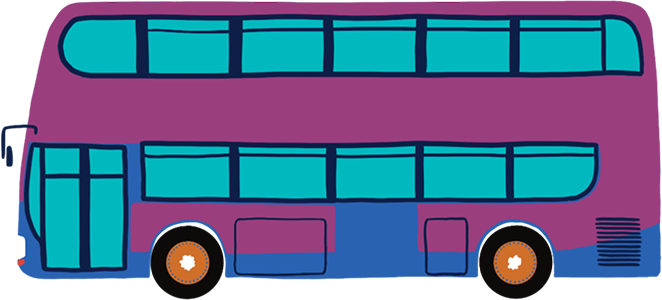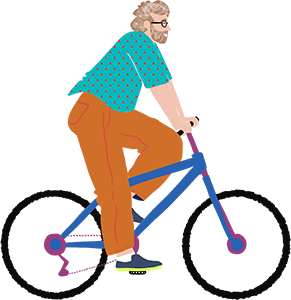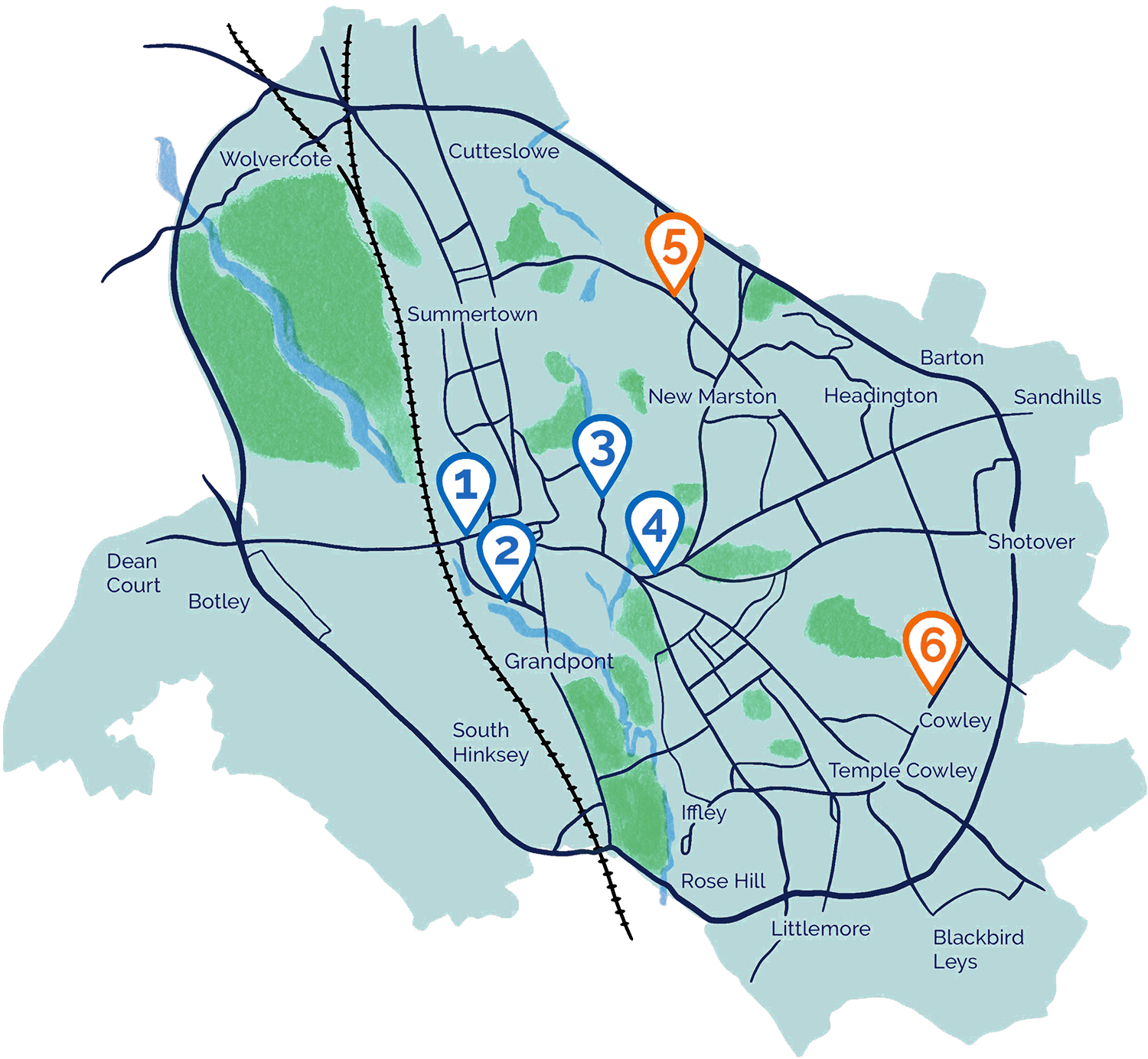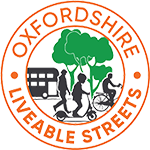Oxford’s Traffic Filters





A simple jargon free guide to what’s happening and why.
Our county is growing. We’re going to have a lot more housing, and this means many more cars.
We can manage this growth, if some car journeys are swapped to other means.
We can do this, if we work together!
Ok, tell me the basics

The traffic filters are ANPR cameras, and they will be on six roads around Oxford.
ANPR stands for “automatic number plate recognition,” meaning the cameras can ‘read’ car number plates.
Oxford’s filters will cap how many days of the year most people can drive through them, but every part of the city will be reachable by car without passing through a filter.
Oxfordshire County Council are introducing the traffic filters, and they will be switched on in November 2024.
Woah! So we won’t all be able to drive exactly how we used to? Why is this happening?

The population of Oxfordshire is growing It grew 11% between 2011–2021 and is predicted to rise by another 15% 2022–2031. We’re in the middle of building 100,000 homes, and we’re all buying more cars per household than ever before. We have the highest average no. of cars per household in the UK.
This means there will be more and more cars on the road. So we either cap how much we drive, and encourage people to use other ways to get around, or we’re going to be sitting in even more traffic in the future.



Together, this means there will be about
142,000
more cars in Oxfordshire by 2031.

Whatever you think of the housing, we have a choice:
Get stuck in a negative loop…
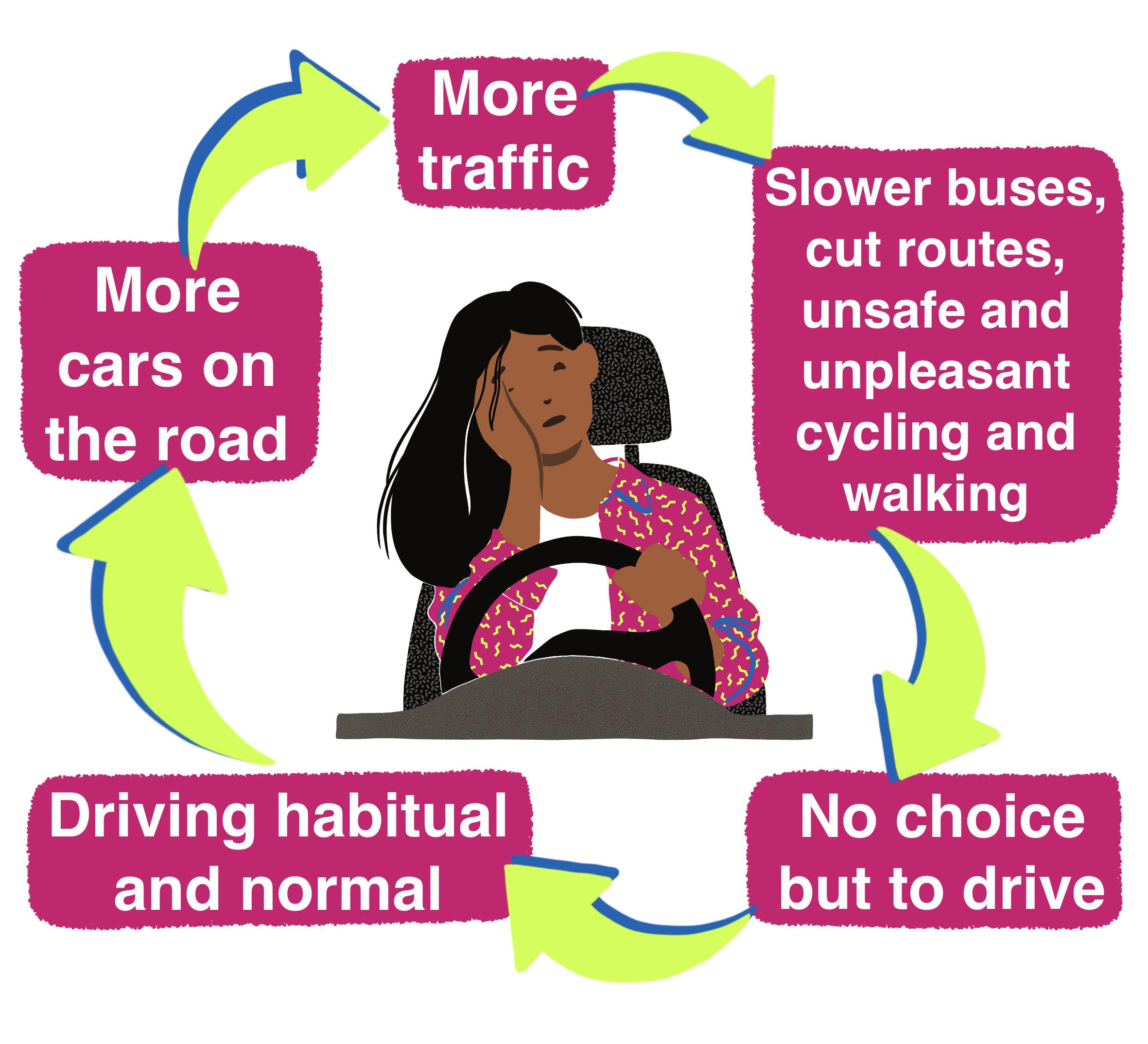
…or get into a positive loop
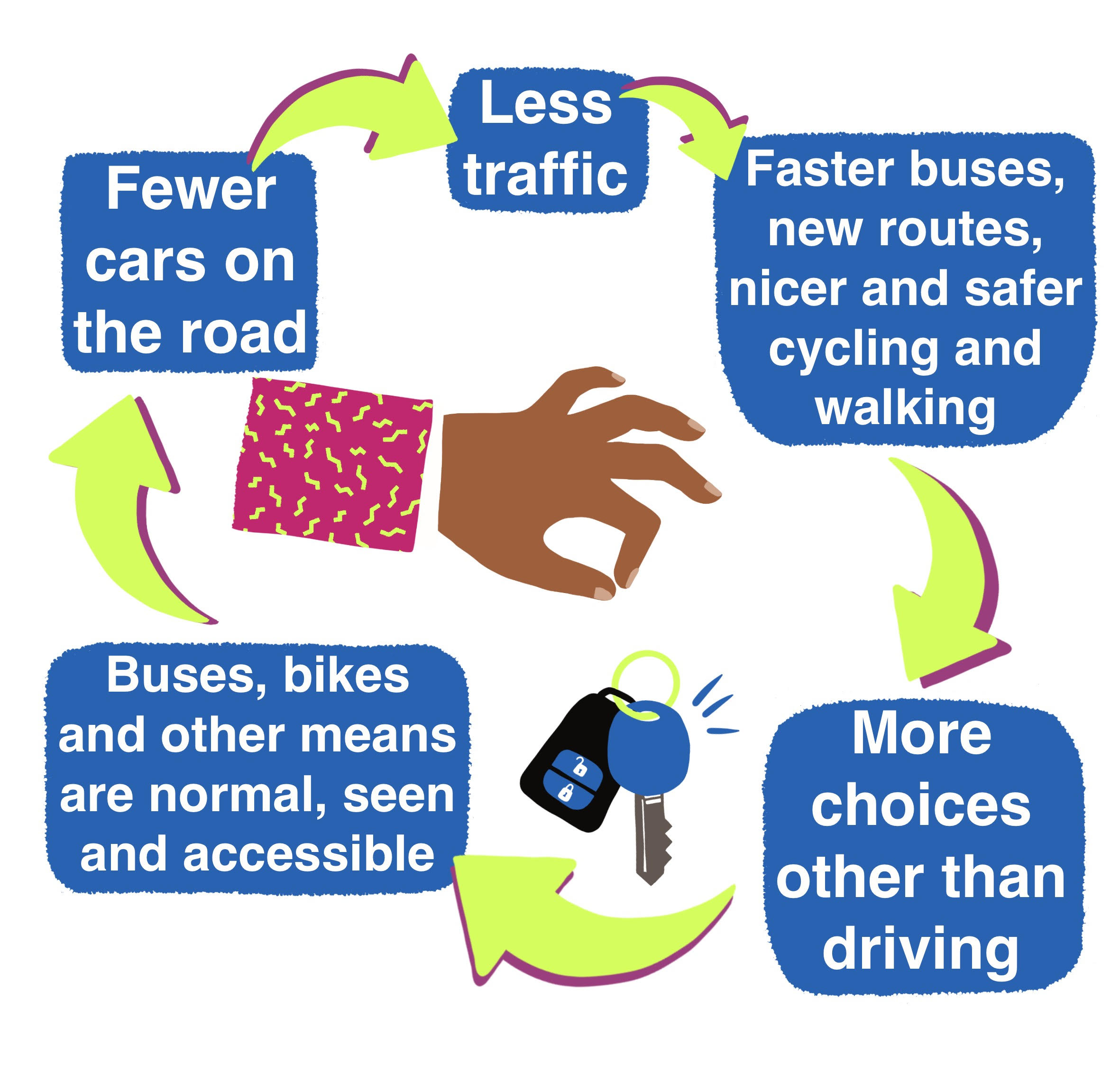
So how do we do this?
Put simply, those who can need to drive less.
And we’re not gonna do this all at the same time voluntarily.

But wait, if there are more cars, shouldn’t we make as much space as possible for them?

The trouble is that more road space doesn’t get rid of traffic.
Put really simply…
…the easier we make it to drive,
the more people drive.
The easier (and nicer!) we make it to bus, cycle or walk, the more people do those things instead.
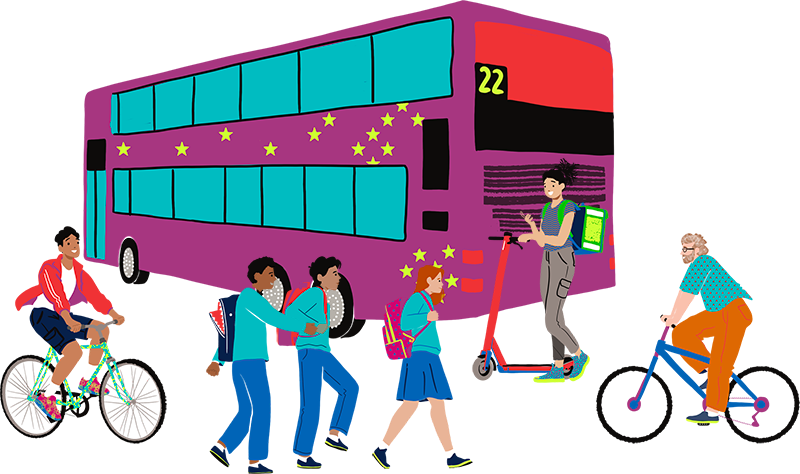
Ok, so how do we get into the positive loop?
We’ve got to try something new. If the people who can swap to another way to travel do, then they will leave the roads freer for those who really need to drive.
But no one is going to change a journey just by being asked nicely. The filters will mean people consider their journeys more, and try new ways to get around.

Immediate gains from the traffic filters:

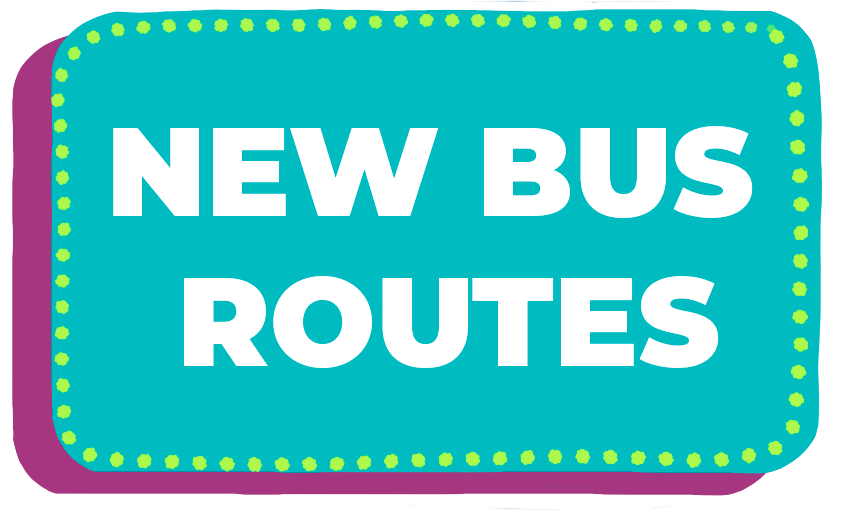

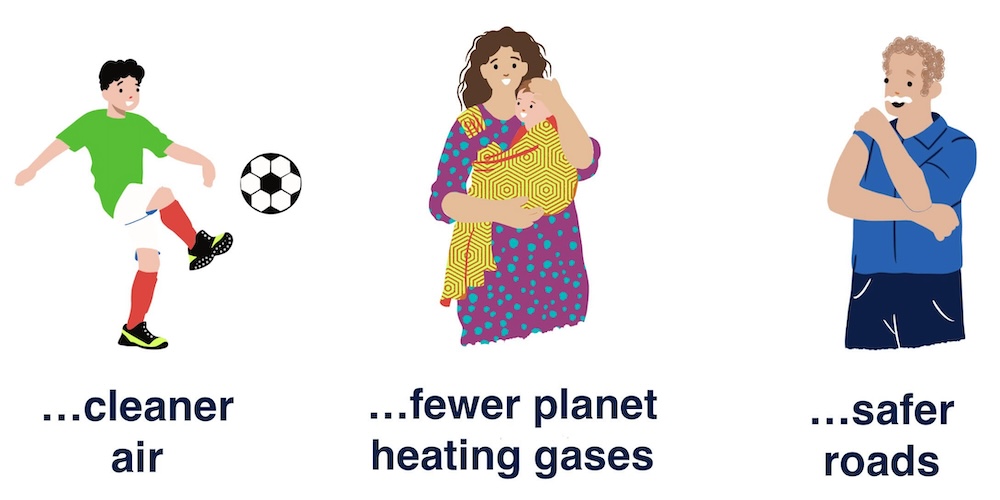
What does this really mean for most people’s lives?

34 fewer people hit by vehicles every year

Segregated bike lanes and junction re-design becomes possible

91% of locations see a drop in dirty NO2 gases

A reason to move more and get a bit fitter
I’m glad there are those exemptions, but this is a big change and will be really hard for some people.

I’m going to have to plan when I drive so much more.
Beth in accounts lives near me, maybe we can share, and I might try my bike for some journeys.


We’ve arranged our work, school, and lives around driving whenever and wherever.
This is all true. But we are capable of trying new things, supporting each other, and adapting when we all do it together.
Oxford-based schools and workplaces are going to have to help staff with things like: secure and easy liftsharing, cycling support, putting on minibuses, or paying for Park & Rides rather than paying for staff parking on site.
People will have to give new ideas a go. Those who can change more easily – those with simpler journeys or more physically capable – can try to leave the roads free for others who really need to drive.
Ok, c’mon then. Tell me what’s actually going to happen.
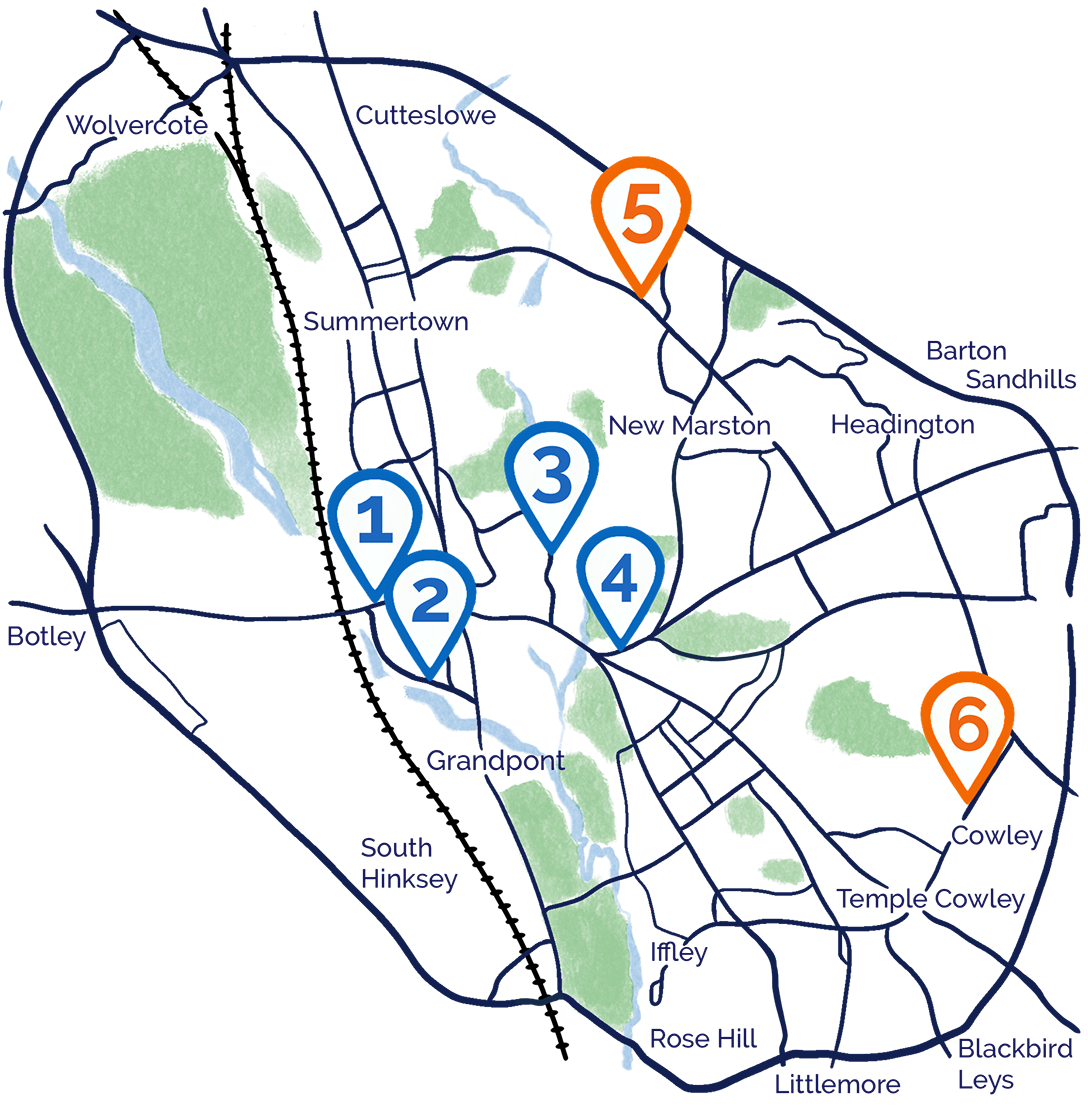
- 1. Hythe Bridge Street
- 2. Thames Street
- 3. St Cross Road
- 4. St Clement’s Street
- 5. Marston Ferry Road
- 6. Hollow Way
Six traffic filters - ANPR cameras - will be placed in these locations.
Unless you’re using one of your free day passes, or you’re exempt, you can’t drive through the filters.
So what are these passes then?
Oxford - 100 free day passes
Oxfordshire - 25 free day passes
A day pass means you’ll be able to drive through all of the filters, as many times as you like, for one day.
Click here for a detailed map of the passes area
In the Oxford area, one household can have up to three sets of day passes if they have three cars.
In the Oxfordshire area, one household can have up to two sets of day passes if they have two cars.
The passes are per person and per vehicle. To apply you’ll need proof of address and a V5C with the same address, within the pass area.
Therefore one person cannot buy another car and get another set of passes, unless there is another driver at that household with a car and a V5C in their name at that address.

You can’t trade passes between cars in the same household.
Some potential solutions




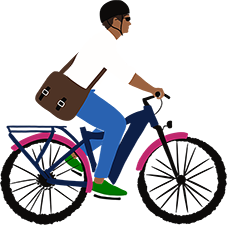
Park at the P&R annually for £300 (£1.20 per workday) and bike, walk, or scoot in
Liftshare (workplaces, kids sports clubs or schools)
Use the faster buses & checkout the new routes
Trip-chain/combine journeys
Car club (unlimited exemptions from the filters)
Cycle, scoot or wheel (check out Dash Bikes & quiet routes on the online map for quiet roads)
Keep it simple and walk
E-bikes open up distances and hilly routes brilliantly!

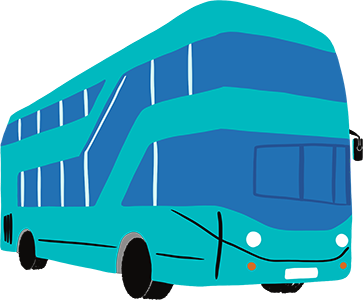
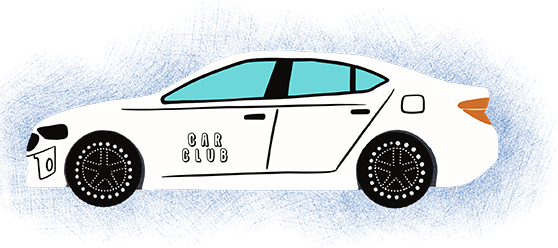
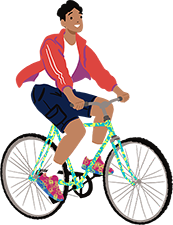
But what if you’re someone who really can’t swap easily - like you’re disabled or a plumber?
You won’t be left behind. There’s a whole bunch of other passes and exemptions. Here are some of them:

Emergency services
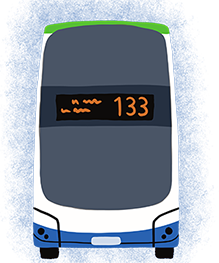
Buses, coaches and minibuses
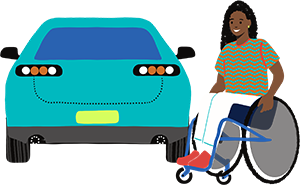
Blue badge holders and other groups with disabilities
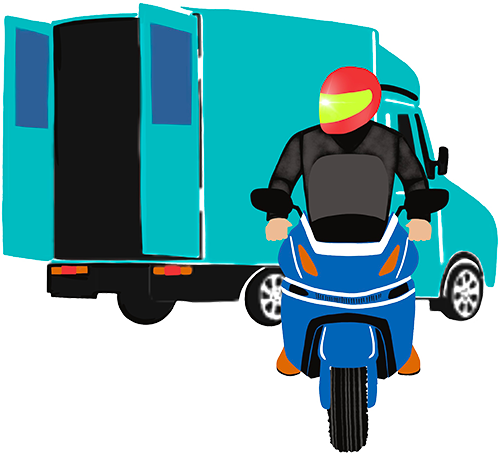
Vans, motorbikes and mopeds

Professional health and care workers

Informal carers

People receiving frequent hospital treatment

School students who get direct travel payments
There are more, and many important details.
And yes! The passes are free!

Phew. That's a lot of information.
The filters were due to be introduced in November 2024 as an 18 month trial. This has now been put on hold, due to the delay by Network Rail in opening the Botley Road bridge. Please check Oxfordshire County Council's website for announcements.
They will help manage the impact of the new housing on our roads and make the alternatives, like buses, more attractive.
I reckon there's loads of people who could change some car journeys
There's no magic wand. Searching for a perfect solution is the same as doing nothing
My Dr. says I really need to move more, for my heart. This might mean I actually get round to it

It's common sense that no one will cap their driving just from being asked politely
I drive, so I'm nervous about it but I can see we need a plan with all this housing

Want to find out more?
This site was made by Oxfordshire Liveable Streets.
Our vision is an Oxford where all people – those who drive and those who don’t – can move around in ways which are affordable, easy, quick, safe, and pleasant.
We want a city where buses are fast and reliable. A city where people can be active and move more as part of their daily lives. A city with clean air. A city where the streets and roads look and feel nice.
We believe that solutions should focus on overall improvements for the people most affected by transport poverty, public health inequalities, air pollution, and poor public spaces.
We are funded by the Foundation for Integrated Transport and ordinary people in Oxford.
